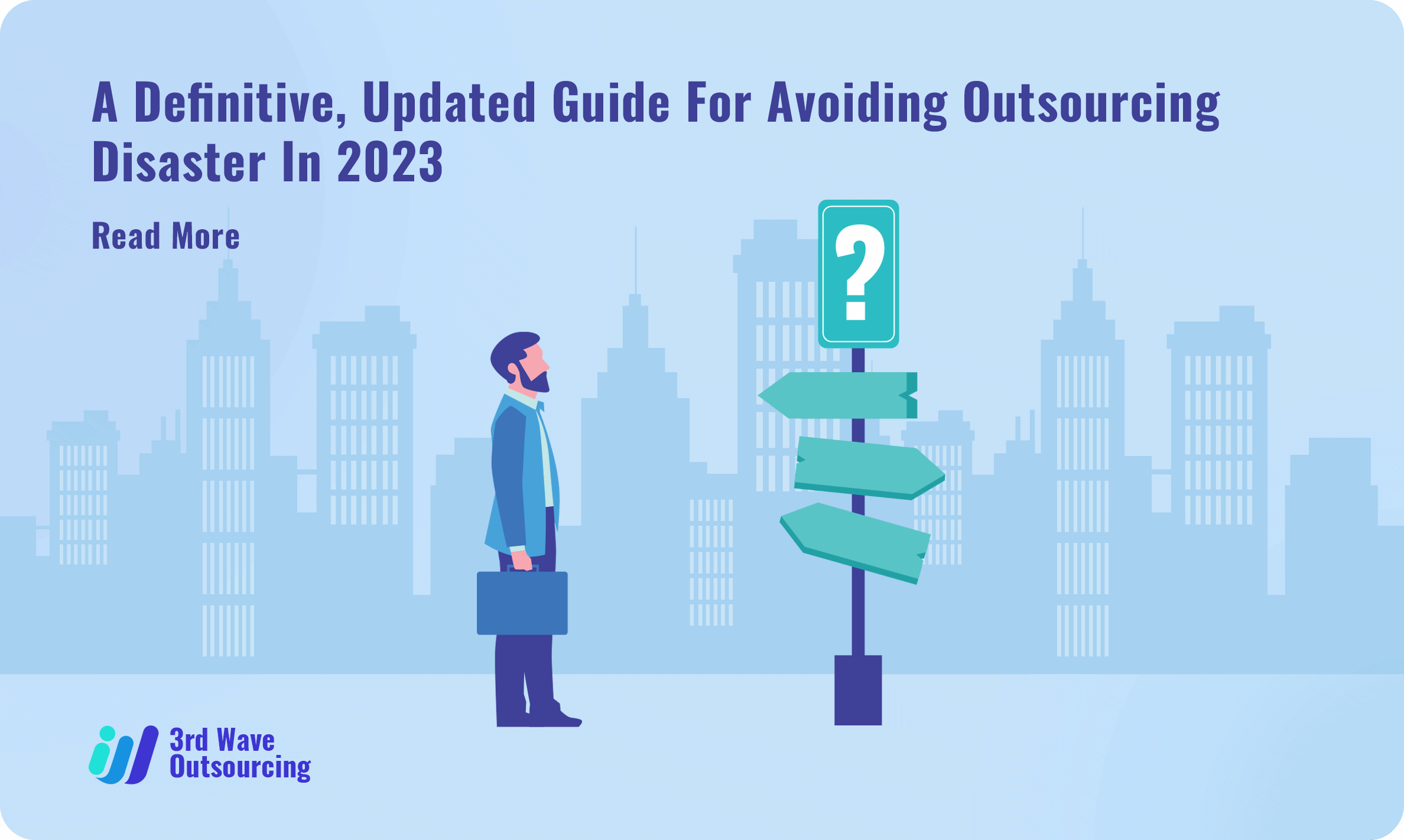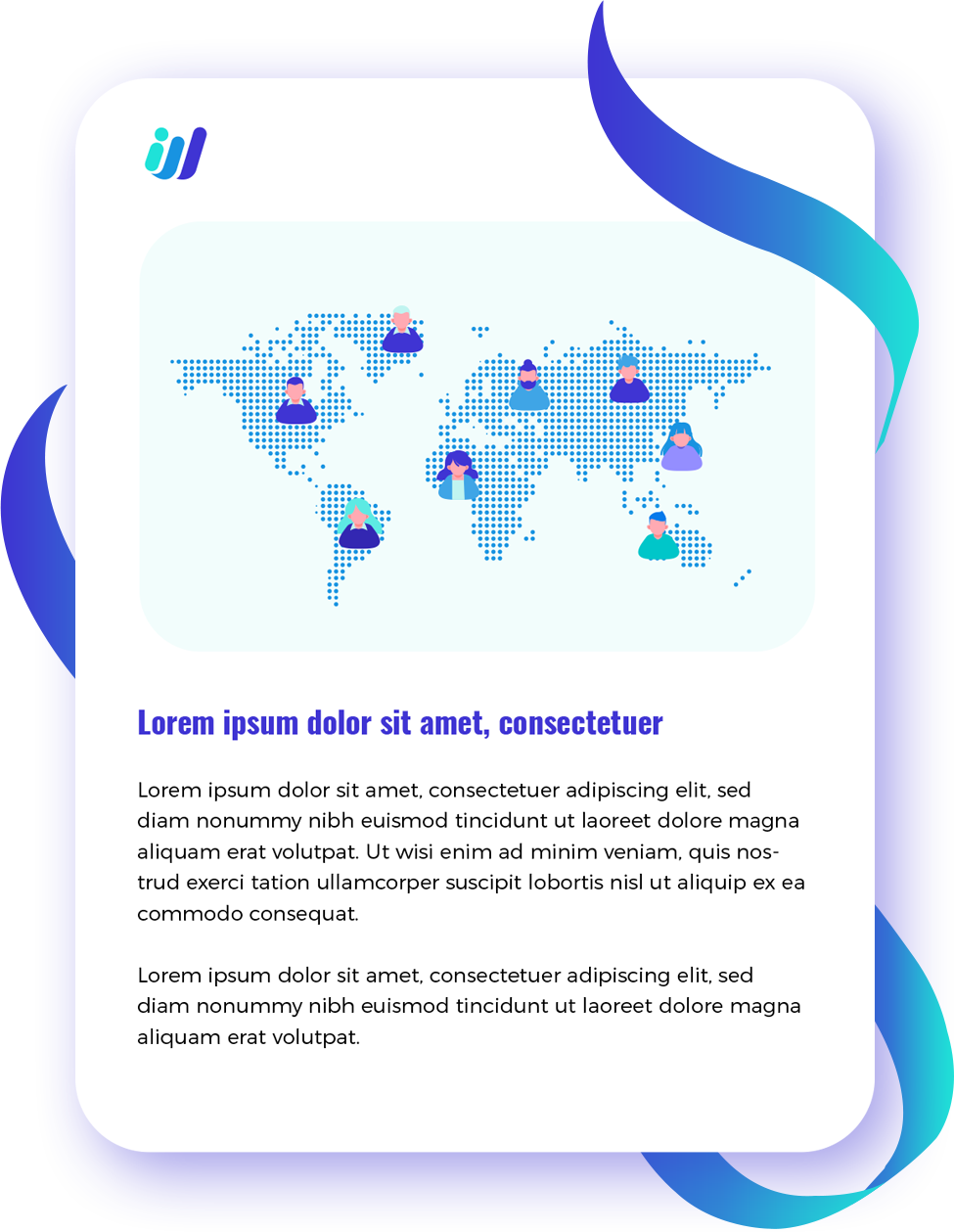There’s a reason why more companies are choosing to outsource some of their job functions. Outsourcing is a valuable service that provides a company with a range of operations with which their in-house teams may have a problem completing. It also offers many advantages such as lower operational costs, increased efficiency, access to skilled outsourced teams, and more. But with this said, there are also many reasons why companies are skeptical about outsourcing.
Although often successful, outsourcing can also go wrong. Companies that outsource may encounter language and cultural barriers. They may also feel as if they have no control over their outsourced team. There’s a possibility that companies will encounter hurdles before they can work smoothly with their outsourcing partners.
In this blog, we’ve written about the golden rules you should follow to avoid common mistakes and disasters in outsourcing. Read more below.
1. Communicate Your Expectations
Communication is the key to success. Even though you chose the perfect outsourcing partner, it is easy to get lost in translation — especially if you don’t communicate your company’s goals and expectations.
In this case, it is best to outline your expectations, agreements, scope, and terms. Providing details is beneficial for your business and your outsourcing partner. You can communicate what tasks you require, the timeframe they need to work in, and how you expect their team to perform. Likewise, your outsourcing partner can help you understand their work environment and how they can offer you their best service.
2. Know Their Political Environment
It is common for businesses to choose outsourcing partners from different countries. This gives companies access to diverse talents with different backgrounds. However, outsourcing from other countries can quickly turn into a disaster if you don’t take the time to learn about your partner’s country of origin. This includes knowing information about their economic environment and possible political risks.
In a previous blog, we discussed why outsourcing can be risky when it comes to political risks and challenges. Venturing into another country’s economy may lead your business to be affected by social, economic, and political conditions. Governments can change their policies and regulations which can put you at risk of losing your investment. Ensuring that you have a strong understanding of your outsourcing partner’s political environment can help you avoid risks before they arise.
3. Provide Training and Guidance
Companies choose to outsource specific job functions to make their in-house work more efficient. However, this doesn’t mean that you will leave your outsourced team with no training and guidance. Thinking that they don’t need to be integrated into your company may alienate them and would provide them with no direction.
When working with your outsourced team, you must aim for a long-term partnership. Providing training and guidance not only strengthen your partnership but also helps your company reach its business goals. You can give them manuals or operational guidelines to help them familiarize themselves with your workflow. Having your guidance alongside their expert knowledge will help you get the best overall results for your business.
4. Calculate Expenses
One of the biggest reasons why companies outsource is to reduce costs. But this is also one of the common miscalculations that companies make that affect the success rate of their outsourcing venture. While outsourcing is usually inexpensive, not calculating all possible offshore expenses can affect your business’s financial plan.
Before getting into outsourcing, you should be familiar with all the expenses you will incur throughout the partnership. You have to outline and discuss all services and what they cost with your partner. You also need to be prepared to pay additional charges that are not part of your original contract. There may be times when your partner may encounter sudden expenses because of the services you need.
5. Aim for a Long-Term Partnership
Having an offshore partner is more than a contractual agreement. Companies may think that outsourcing is just a short-term agreement, but successful businesses outsource with long-term partnerships and company growth in mind. Thinking that your partnership is temporary can limit the goals you can accomplish with your offshore team.
During the start of your partnership, investing your time ad effort to build a strong relationship with your offshore partner is a must. Creating a beneficial relationship by providing training, establishing clear communication, and setting goals will allow your team to perform well. As your company expands, your outsourcing partner will grow alongside you to continue your long-term relationship.
Avoid Outsourcing Mistakes
The entire process of outsourcing isn’t just meant to give your company short-term help. It’s meant to help you create a strong, long-term partnership that will aid your company’s growth and expansion. To achieve this, you must avoid outsourcing mistakes to make sure that all your goals are met.
Providing training and clear communication can help your company encourage your outsourcing partner to deliver better results. It is also important that you familiarize yourself with their environment to mitigate any possible risks. Most importantly, you should know more about outsourcing to fully understand its benefits, risks, ad what it can mean for your company.
Learn more about outsourcing today! Request a FREE copy of the e-book on Third Wave Outsourcing.



